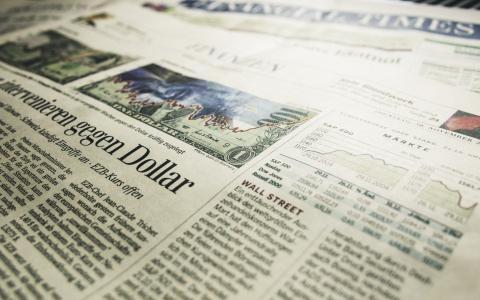
Rate cuts by the Federal Reserve might not offer the relief investors are anticipating. According to Mark Spitznagel, the notable "Black Swan" investor and Chief Investment Officer at Universa Investments, such monetary easing would likely occur only under dire economic circumstances, signaling a potential recession and market distress.
In a recent Reuters interview, Spitznagel issued a cautionary note regarding the U.S. economy and stock market's outlook. Despite investor expectations, reflected in the CME FedWatch tool, of one to two rate cuts in 2024 perceived as bullish for stocks, Spitznagel clarifies that these cuts would only be triggered by substantial economic weakening—a precursor to a downturn and a market crash.
"Be careful what you wish for," Spitznagel warned, explaining the double-edged nature of desired Federal Reserve dovishness. "Rate cuts will come, but only in response to clear recession signals, and likely under panicky market conditions," he added.
Although most economists, according to a National Association of Business Economics survey, predict the U.S. might stave off a recession this year, the risk remains high due to persistent elevated rates that could constrict financial conditions for businesses and households. Spitznagel pointed out the heightened vulnerability of an economy heavily reliant on historically low interest rates, emphasizing the delayed impacts of recent rate resets.
Universa Investments, where Spitznagel leads, is known for its defensive posture against market downturns, with strategies designed to capitalize on unpredictable, severe market events—often referred to as Black Swan events. The firm's advisory board includes Nassim Taleb, author of "The Black Swan," who, along with Spitznagel, has frequently highlighted the potential for a significant debt bubble to burst, potentially leading to the most severe market collapse since 1929.
The investment firm achieved notoriety for its extraordinary 4,144% return during the pandemic-triggered market crash, underscoring its strategy's effectiveness in navigating tumultuous financial waters.
Meanwhile, Wall Street forecasters maintain a cautiously optimistic stance for the remainder of the year, expecting continued economic growth and a downward inflation trend. According to the American Association of Individual Investors' latest Investor Sentiment Survey, 38% of investors remain bullish on stocks for the upcoming six months, illustrating a split in market sentiment amid these uncertain times.



